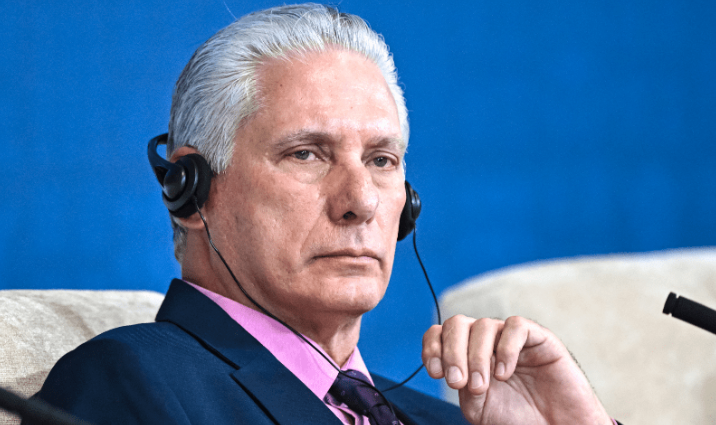WORLD NEWS

A powerful earthquake with a magnitude of 6.2 struck Istanbul on Wednesday, according to Turkiye’s disaster management authority AFAD, marking one of the strongest tremors to hit the metropolis of over 16 million people in recent years.
The quake occurred at 12:49 local time (2:49pm PKT), with its epicentre in Silivri—about 80 kilometres west of Istanbul—at a depth of 6.92km. The German Research Centre for Geosciences (GFZ) recorded the quake at a slightly lower magnitude of 6.02 and a depth of 10km.
While there were no immediate reports of major damage or fatalities, panic spread across the city. Residents evacuated buildings, and many gathered in parks or remained outdoors due to fears of aftershocks. Shops on the European side of Istanbul closed temporarily, and public transportation was briefly disrupted.
Istanbul’s governor’s office confirmed there had been no reports of collapsed structures but urged citizens to avoid buildings that might have suffered structural damage. Meanwhile, Minister of Transport Abdulkadir Uraloglu assured the public that initial inspections showed no damage to highways, airports, trains, or subway lines.
Broadcaster TGRT reported a single injury—someone who jumped from a balcony during the quake. The incident occurred during a public holiday in Turkiye, which meant fewer people were in offices or schools.
President Recep Tayyip Erdoğan said on X (formerly Twitter) that he was closely monitoring the situation, while his office issued safety guidelines in case of further seismic activity.
Prime Minister Shehbaz Sharif of Pakistan expressed deep concern over the tremor and stated that Pakistan stands ready to provide all necessary assistance to Turkiye.
This quake revives traumatic memories for many. Istanbul was struck by a deadly 7.4-magnitude earthquake in 1999 that claimed more than 17,000 lives. More recently, in February 2023, a 7.8-magnitude earthquake devastated southern Turkiye and northern Syria, killing over 55,000 and displacing hundreds of thousands.
Today’s tremor, though less destructive, is a stark reminder of Turkiye’s vulnerability to seismic activity due to its location on major fault lines.




